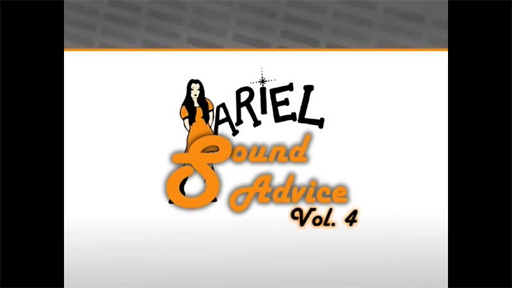3 Sources of funding – crowdfunding
UK Crowdfunding (no date) explains crowdfunding as ‘a way of raising finance by asking a large number of people each for a small amount of money’. Using this technique can be an effective way of sourcing finance for your freelance business.
UK Crowdfunding defines three different types of crowdfunding:
Donation/reward crowdfunding – Donors have a social or personal motivation for putting their money in and expect nothing back, except perhaps to feel good about helping the project. Rewards might include tickets to an event, acknowledgements on an album cover, free gifts or similar (‘perks’).
Debt crowdfunding – Investors receive their money back, usually with interest. Returns are financial, but investors also benefit from having contributed to the success of an idea they believe in.
Equity crowdfunding – People invest in an opportunity in exchange for equity. Money is exchanged for shares, or a small stake in the business or project. As with other types of shares, if it is successful the value goes up. If not, the value goes down.
The StartUps team (2018) gives a useful overview of the pros and cons of crowdfunding for a small business. Table 2 shows some examples.
| Pros | Cons |
|---|---|
| Centralises communications with all your potential investors | Doesn’t find investors for you (you need to use your network and build a buzz yourself) |
| If investors are being rewarded with perks it means you don’t have to give up equity | Negative feedback can be rough and failure is very visible |
| A great way to test and build your market | Involves a lot of preparation and effort (e.g. your launch campaign) |
| Creates momentum and opportunity | You still have to close every deal by reaching out to every potential investor |
| Can validate your offer | Might not be a good fit for your business |
Some platforms have creative categories that might be particularly appropriate depending on your idea or offer. For example, Just Giving has a useful webpage with a focus on creative arts and culture. It presents various case studies of organisations and individuals that have successfully crowdfunded to support projects from musical performances and theatre to short film production.
The Crowdfunder platform presents ‘Artists and the crowd’, which is supported by Arts Council England and could give you up to £20,000 of extra funding towards your crowdfunded project. Find out more about these options in Further research.
Stewart (2017) recommends considering the following questions when choosing a platform:
- Do you go with one of the big fish and risk your project getting lost in the stream of ideas? Or do you venture into a niche platform that caters only to your sector, but may not have as much visibility?
- Do you want to risk a ‘winner takes all’ campaign, where you only receive the money if you meet your goal, or would you prefer a platform that lets you collect any funds received, even if you don’t meet your goal?
To find out more about how you might use crowdfunding (or ‘fan-funding’) for your creative business, watch this video from Cyber PR.

Transcript: Video 4
[MUSIC PLAYING]
[MUSIC PLAYING]
Now complete Activity 2.
Activity _unit7.4.1 Activity 2 Encouraging the crowd
Imagine you are going to start a crowdfunding campaign to support your product or service. You’ve learned how important a successful launch is, so what could you do to launch your campaign and spread the word to potential investors?
Even if crowdfunding doesn’t seem like a good fit for your business, you might come up with some useful promotional ideas that you can use anyway!
Make notes in the box below.
Discussion
Did you decide a launch event could work well to kick off your crowdfunding campaign, or maybe it would be beneficial to promote your campaign on social media? Perhaps presenting to key groups in your area could generate interest?
If crowdfunding isn’t something you need to consider, the idea of launching your business is still a good one. Maybe you could do a speculative mailing to a group of potential clients or attend a national conference for your sector – have a supplier stall or contribute in relevant discussion groups so people hear your name.
The Arts Development Company (no date) offers the following tips on running a successful crowdfunding campaign:
- 90% of a successful campaign is preparation – know how much you’re asking for and plan how you’ll promote the campaign to potential donors.
- Listen to the experts – it can be useful to enlist the support of marketing professionals, perhaps via local startup support networks or through a reciprocal agreement, i.e. swapping expertise.
- You need a compelling video – successful campaigns sell their story well through video. You can use them to introduce the product as well as give your audience a sense of your own passion and commitment to the project.
- Think about your audience – what will appeal to them? Asking a few key donors to donate early can create a ripple effect, working outwards to engaged stakeholders, and finally to the wider public.
Crowdfunding is just one way of raising income to support your business. What other sources are there?
